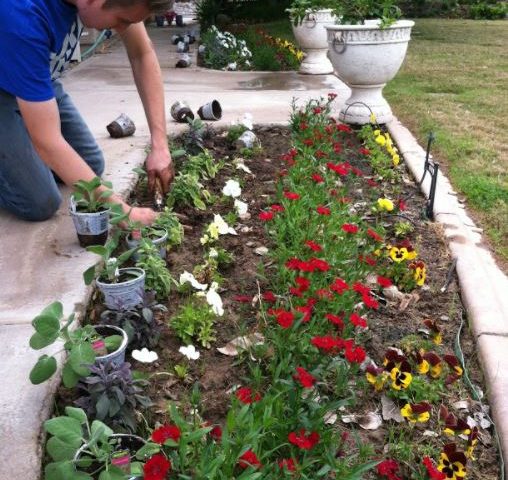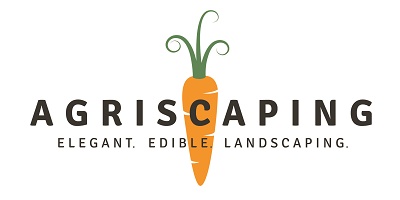Health Benefits of Gardening Part 1

Health Benefits of Gardening Part 1
*By Cindy Dixon
Many think when they hear the phrase, “Grow Your Own Health,” it’s pretty
straightforward: eat homegrown fruits and vegetables while getting exercise in
your garden. In a sense, those are correct; however, there are additional health
benefits when gardening. Gardening is nourishing in so many ways! Creating
health involves many aspects of human life: physical, mental, emotional, social,
environmental, spiritual, occupational, and financial. Let’s explore some of these
aspects.
To begin to grow our own health, let’s start from the ground up. It ALL
begins in the soil! Taking a closer look at the soil, we learn the soil ecosystem
involves the nutrient exchange between soil, microbes, and plants, similar to
what takes place in our own intestines. Carbon, nitrogen, and every mineral and
vitamin that is a building block in our bodies are derived from soil!! Healthy soil is alive!!! In other words, the more nutrient-rich your soil is in your garden, the
more nutrient-dense the food is from that soil. Want to know your health? Look
to the soil your food is grown in. Dr. Daphne Miller, practicing family physician
and author of Farmacology, has found in her practice most illnesses and
suffering can be traced back to the soil. (1)
The question is, “How do you create a healthy soil full of life?” The quick and
easy answer is to add organic matter to your soil. By adding organic matter via
compost or vermicomposting, you begin the process of feeding the
microorganisms and organisms (aka the Soil Food Web) that live in the soil. (2)
In addition to obtaining nutrient-dense foods from the soil, many studies
have shown the act of digging/working in the soil is good for your brain. There
is growing evidence showing that breathing, playing, and digging in dirt might be good for your health. (3) Researchers from the UK have found that ‘friendly’
bacteria found in the soil activated brain cells to produce the brain chemical,
serotonin. (4) The soil’s natural antidepressant: Mycobacterium vaccae…. has
been found to mirror the effect on neurons that drugs like Prozac provide. (5)
Digging, working, playing in the soil is great exercise, too. So the next time
you’re feeling a little ‘down in the dumps’, go out and play in the dirt, make a
mud pie, or start a garden. Become a soil gardener! Can you dig it?
There are other health benefits from one’s association with the land. When
one takes care of a garden, they are more mindful about caring for that
space/environment. Gardening also increases the chances for social interactions
with neighbors and/or the local community. Sharing your bounty with others is
a great way to make friends, which in turn creates a sense of community.
Imagine the sense of accomplishment one has produced a beautiful edible
landscape.
By growing your own food in your own soil, you can begin to grow your own
health, your family’s health, and maybe your community’s health. In part 2 we
will discuss how you can create a space that nurtures and nourish you, your
family, and others in your community.
To find out what webinars or live classes are available for free click here!
1. Daphne Miller, M.D., Farmacology, William Marrow Publications, 2013
2. The Soil Food Web: https://www.soilfoodweb.com/
3. Nature, “Early Exposure to Germs Has Lasting Benefits”, March 2012, https://www.nature.com/news/early-exposure-togerms-has-lasting-benefits- 1.10294
4. Medical News Today, “Soil Bacteria Work in Similar Way to Antidepressants” https://www.medicalnewstoday.com/articles/66840#1
5. Regeneration International …Antidepressant Microbes in Soil: How Dirt Makes you Happy https://regenerationinternational.org/antidepressant-microbes-in- soil-how-dirty-makes-you-happy
* You can find out more about Cindy Dixon at lasvegas.agriscaping.com .

